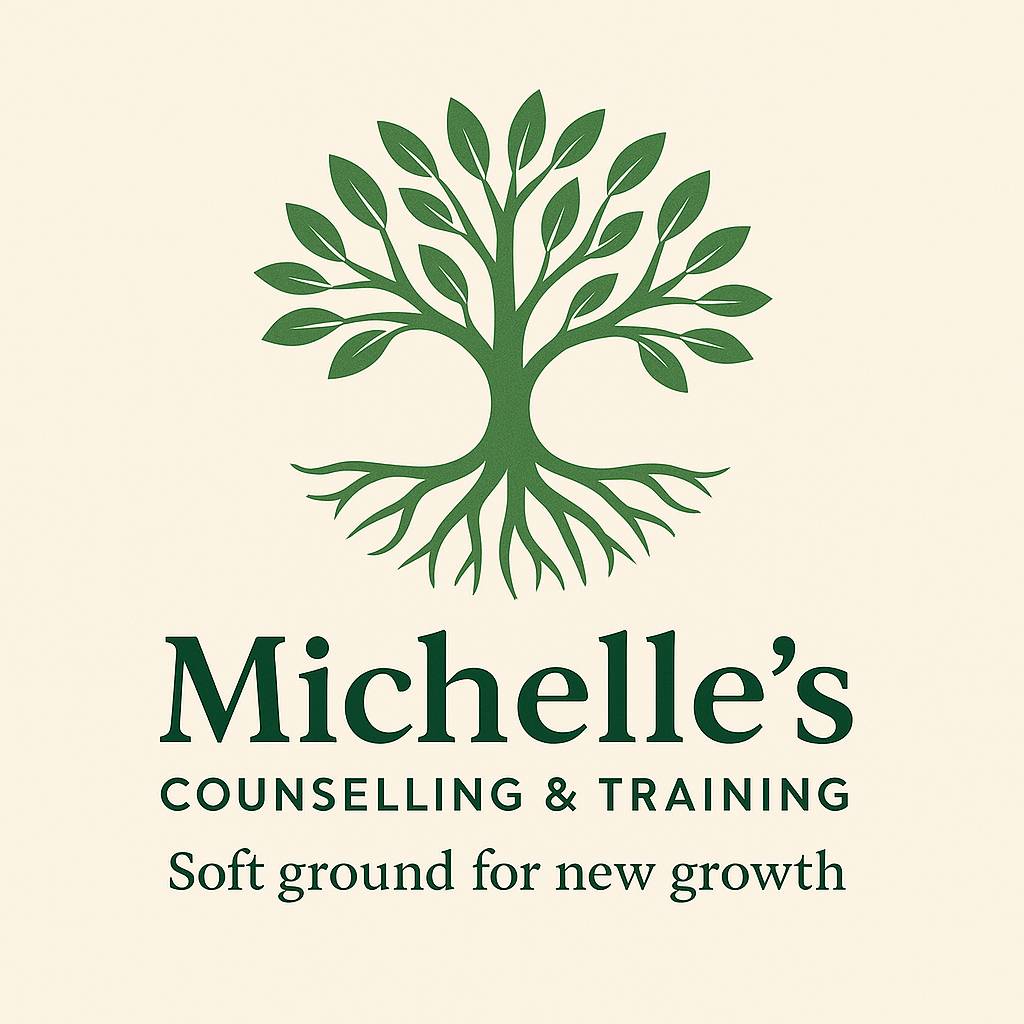Join me for 4 days training about trauma.How to navigate and work with your client in the therapeutic relationship whatever your modality
This course is for Year 2 Counsellors in Training or Diploma Level 4 Qualified Counsellors and includes 4 days training online £320 - that is £80 per day
Saturday 7th -14th - 21st and 28th February 2025
Course OverviewThis course introduces Level 4 Counsellors to a trauma-informed framework grounded in the 4-Stage Model of Recovery. You’ll explore how trauma impacts the brain, body, attachment, and relationships, while developing the confidence to respond safely and effectively within the counselling space and integrate trauma-informed practices into your own modality.
Through a blend of theory, practical tools, and reflective exploration, you will learn to:
Recognise trauma responses and attachment patterns in clients
Support regulation, stabilisation, and safe relational connection
Guide clients through the four stages of recovery:
Establishing safety and trust
Processing traumatic experiences
Integrating new meaning
Fostering reconnection in self and relationships
By embedding this structured approach into your practice, you’ll learn how to support clients in processing trauma safely—without re-traumatisation—while nurturing resilience, secure attachment, and post-traumatic growth.
Key Learning Areas
The impact of trauma—including Post-Traumatic Stress Disorder (PTSD) and Adverse Childhood Experiences (ACEs)—on the brain, body, attachment, identity, and relationships
Attachment theory and the impact of trauma on attachment styles, relational patterns, and therapeutic dynamics
Polyvagal Theory and the role of the vagus nerve in nervous system responses to threat, shutdown, and safety
Recognising trauma and attachment states: fight, flight, freeze, fawn, and collapse
The neurobiology of trauma, attachment wounds, and nervous system regulation
Trauma-informed principles for building safety, trust, and secure therapeutic relationships
Grounding, stabilisation, co-regulation.
Introduction to the Power Threat Meaning Framework (PTMF): a non-pathologising model that reframes distress through the lens of power, meaning, and life experiences
Working with complex trauma presentations, shame, dissociation, and relational trauma
Facilitating resilience, attachment repair, meaning-making, and long-term healing

